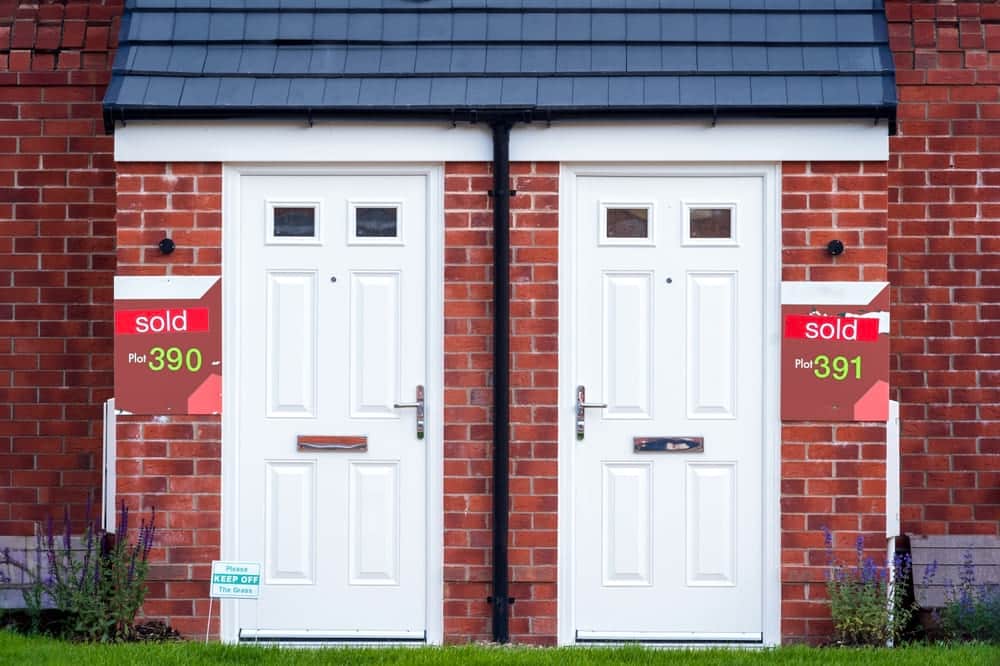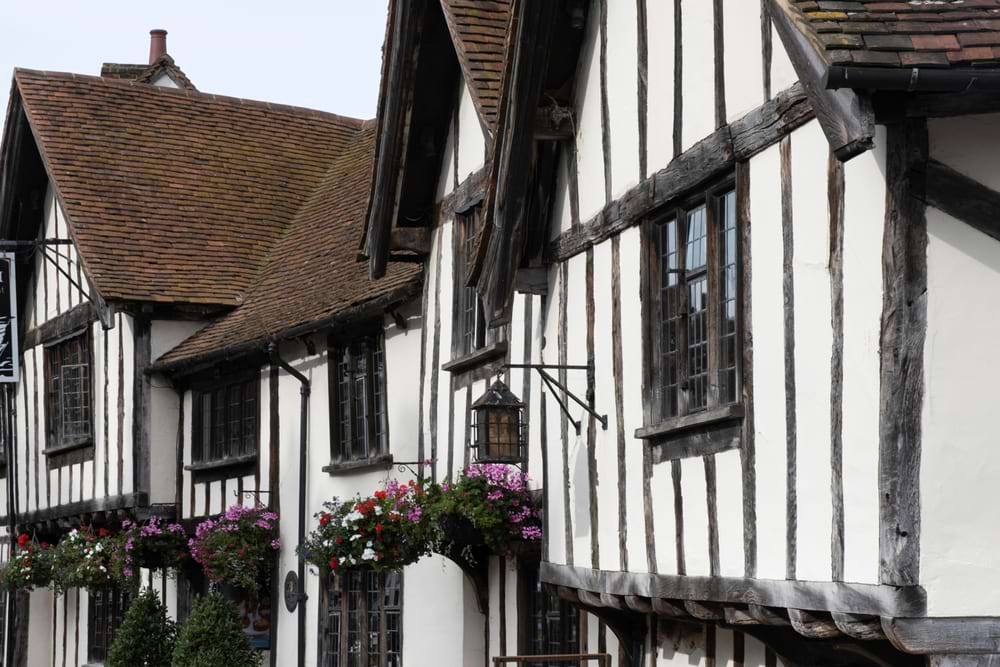There are many factors to consider when choosing where to live.
The property type, size and affordability, for example.
However, one of the biggest questions is whether or not to live in a city.
Read on to learn more about the advantages of living in a city.
1. Infrastructure
Big cities typically have higher standards of infrastructure than other places.
Public transport
In the UK, Cities have better transport links than anywhere else.
The high population density means running buses, trains, trams and more regularly is affordable.
A new train arrives on some of the most popular London Underground lines every few minutes.
And in the centre of Nottingham, you’ll find a tram appearing at least every 15 minutes.
Transport links across the country are better, too, thanks to the larger train stations set up to accommodate more travellers.
Other
Infrastructure doesn’t just apply to public transport links. It’s also about how accessible the city is for cars, cyclists, and walkers.
Cities have pedestrian crossings to keep walkers safe. And there’s likely to be multiple lanes in parts of the city’s centre, allowing more cars to travel through.
Links to the airport are likely to be better. And many of the largest roads will probably have cycling lanes.
2. Local amenities
Dozens of amenities always surround you in most major cities.
The number of people using these sites makes it plausible to fund them. Some of the most common examples include:
- Parks
- Gyms
- Libraries
- Shopping centres
- Garages
- Swimming pools.
Many of these things will be free to use. You get a wider variety and higher quantity of these amenities than outside cities.
3. Social life
Cities have a higher population density than anywhere else in the country. This gives countless opportunities to socialise and network at:
- Pubs
- Local activity groups
- Coffee shops
- Community events
- Volunteering
- Sports teams.
Lots of these things are difficult to maintain in rural areas, with fewer people living there.
4. Higher average income
Almost all data shows that the average income is higher in cities.
This helps homeowners cover the cost of living, including the costs of running a home.
For example:
- In London, the median annual salary £46,380
- In the entirety of the south-east of England, the median salary is £36,560.
And:
- In Cardiff, the median salary is roughly £34,000
- Meanwhile, in South Wales, the median salary is around £31,000.
Cities have higher average incomes because there are more job opportunities.
The country’s largest companies will likely be based there and thus have the financial resources to offer larger salaries.
5. Schooling
Big cities usually have a range of schools within a short distance of one another.
By contrast, if you live in the countryside or a town, there could only be one or two schools in your area.
You may thus be forced to send your child there, regardless of whether it’s a good one or not.
More schools in cities allow you to apply for only the best ones. And the journey there is likely to be shorter, too.
6. Entertainment
There are countless entertainment options in most UK cities.
Dozens of organisations can be found all over town, ensuring you have fun things to do with your spare time. Examples include:
- Cinemas
- Galleries
- Theatres
- Music venues
- Comedy clubs
- Zoos.
And much more.
Sights, history and architecture
If you’re a fan of history, cities will be ideal for you.
Each one in the UK is packed with exciting stories about how it was founded and who has lived there.
There’s more to see in cities, too. Each place has tourist attractions that bring in people from across the region.
And unique architecture will greet you as you walk around the town.
There could be buildings from every period, each adding to the city’s unique identity.
7. Properties types
There’s a vast range to choose from when you’re looking for a place to live in the city.
Flats are the most common in most big cities, they come in several different types. Terraced houses and semi-detached properties are also popular, too.
You’ll even find detached houses in the more expensive areas.
A wider range of options could give you more negotiating power.
And it makes it less likely that you’ll be backed into a corner and forced to move into a house you don’t like.
8. Food
You get a wider array of food options when you live in a city. Whichever cuisine you fancy, it’s probably only a few minutes away.
If you travel to small villages, you’re unlikely to see restaurants focusing on less mainstream cuisine.
You can even find specialist supermarkets selling food that’s difficult or impossible to find outside of cities.
Deliveries
Deliveries are one of the most recent conveniences that now appeal to people nationwide.
You can get food and consumer products straight to your door in big cities.
But it’s far less likely in the rural areas, where companies can’t justify setting up huge bases.




















